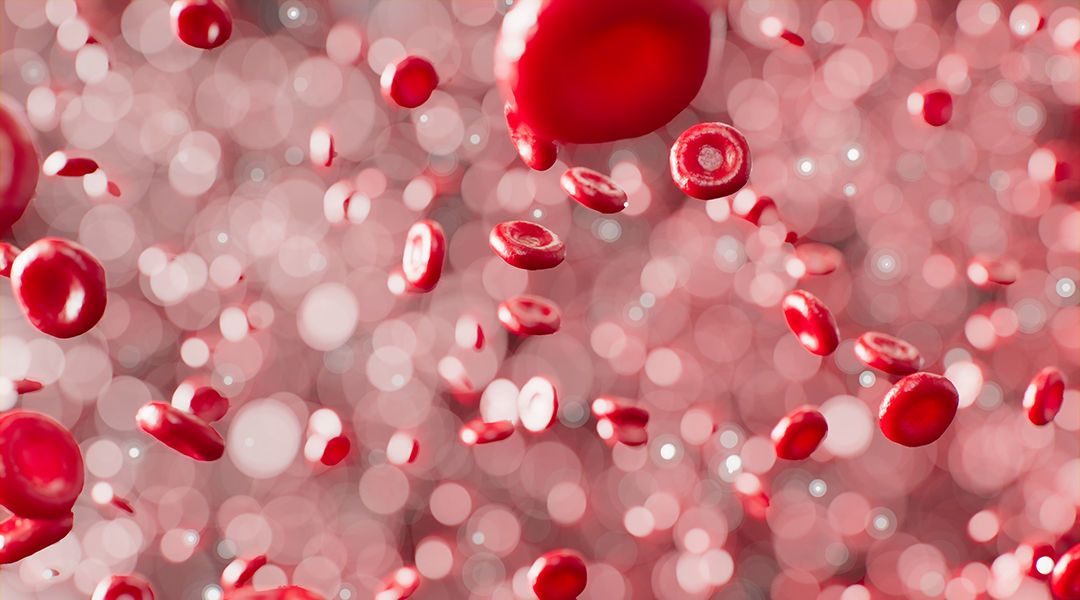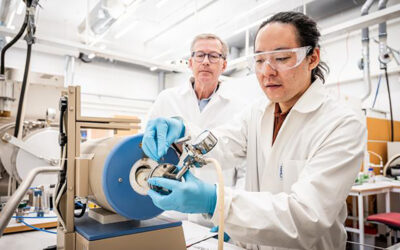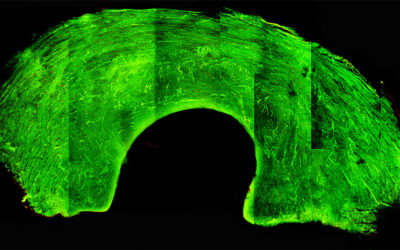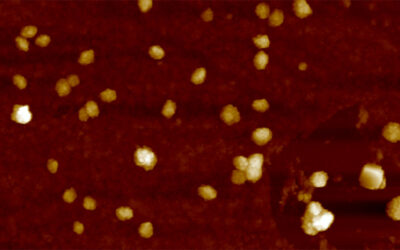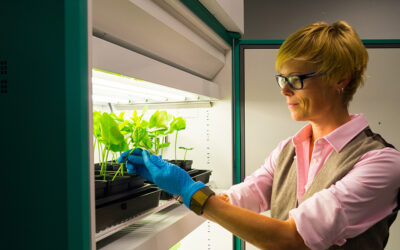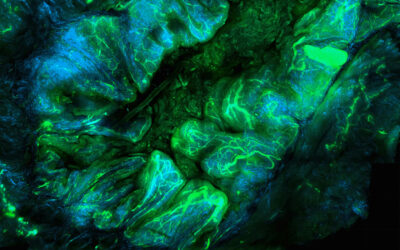Last week, UK authorities granted approval for the use of a CRISPR-based gene therapy for the treatment of two genetic blood disorders — sickle cell disease and β-thalassemia. This comes as a significant milestone, almost two decades after CRISPR/Cas9 was first isolated from bacteria and fashioned into the famous “molecular scissors”.
“Today is a historic day in science and medicine: this authorization of CASGEVY in Great Britain is the first regulatory authorization of a CRISPR-based therapy in the world,” said Reshma Kewalramani, M.D., Chief Executive Officer and President of Vertex.
“I hope this represents the first of many applications of this Nobel Prize winning technology to benefit eligible patients with serious diseases,” said Samarth Kulkarni, Ph.D., Chairman and Chief Executive Officer of CRISPR Therapeutics.”
What research led to the approval
CRISPR/Cas9 is a revolutionary gene editing technology that allows for precise, directed changes to be made to DNA. CRISPR or “clustered regularly interspaced short palindromic repeats” were first discovered in the DNA of Escherichia coli (E.coli) bacteria back in 1987. Guided by a single RNA strand, the CRISPR/Cas9 system can be programmed to cut a target DNA sequence and modify it by inserting, deleting, or replacing it with a genetic sequence.
Sickle cell disease and β-thalassemia occur due to genetic alterations that lead to abnormalities in hemoglobin, a molecule in the blood that helps carry oxygen around the body, and CRISPR/Cas-9 has been shown to successfully correct the erroneous genes and minimize symptoms of the disease in previous human studies.
The new therapy, called CASGEVY, is a genetically modified cell population that contains stem cells collected from the patient that have been edited ex vivo by the CRISPR/Cas9 enzyme. The edited cells are then given back to the patient as a one-time intravenous treatment.
In this case, CRISPR has been programmed to “cut” a gene called BCL11A, which naturally prevents the production of a form of hemoglobin produced by fetuses. When turned off, edited cells begin to produce this hemoglobin, which does not carry the same abnormalities in adults with sickle-cell disease or β-thalassaemia.
In two global clinical trials, CASGEVY was shown to alleviate debilitating pain episodes for at least one year in 28 out of 29 monitored individuals with sickle cell disease, and of participants suffering a severe form of β-thalassaemia, which requires monthly blood transfusions, 39 out of 42 eligible participants became “transfusion independent”, meaning they did not need a blood transfusion for a 12-month period. The remaining three exhibited a reduction in their need for blood transfusions by more than 70%.
Safety concerns
Following these results, CASGEVY has received approval for use in the UK for patients aged 12 and above. According to a joint press release from the companies involved, approximately 2,000 eligible patients are set to benefit from this treatment.
This authorization comes on the heels of the U.S. Food and Drug Administration’s (FDA) advisory committee meeting, which concluded its evaluation of CRISPR and Vertex’s exagamglogene autotemcel (exa-cel) for sickle cell disease treatment. “If approved, exa-cel could be the first genetic therapy available to approximately twenty thousand people with severe SCD in the U.S.,” wrote the companies in a press release.
“The key to this is safety,” said Mark Walters, a paediatrician at the UCSF Benioff Children’s Hospital Oakland at the University of California, San Francisco in an interview with Nature. “That’s the question that could really affect decision making, and the safety information is still quite limited.”
During the clinical trials, patients experienced minor episodes of nausea, fatigue, fever and an increased risk of infection, but no notable safety concerns were identified during the trial period. However, a long term concern is the unintended and unidentified edits that CRISPR could be making in these cells and what the unknown side effects might be. Full genome analysis would be required to identify them, if they exist, but even in light of this, many experts are optimistic given the treatment’s clear benefits.
Looking ahead, analysts highlight potential challenges in marketing and accessibility for the companies involved. The press releases did not disclose the therapy’s cost, but estimates, consistent with other gene therapies, suggest a range of $1-2 million per dose.
Notably, this is the same stage where the biotech company Bluebird bio struggled, facing reimbursement challenges in 2019 and subsequently withdrawing its gene therapy for severe β-thalassemia from the market.
But investors and experts think things might be different for CASGEVY. While encountering similar hurdles, its “global commercial footprint and expertise make it better positioned on this front”, potentially granting it more influence in navigating these challenges.
With this first regulatory approval and another pending, many are hopeful.
Feature image credit: ANIRUDH on Unsplash

